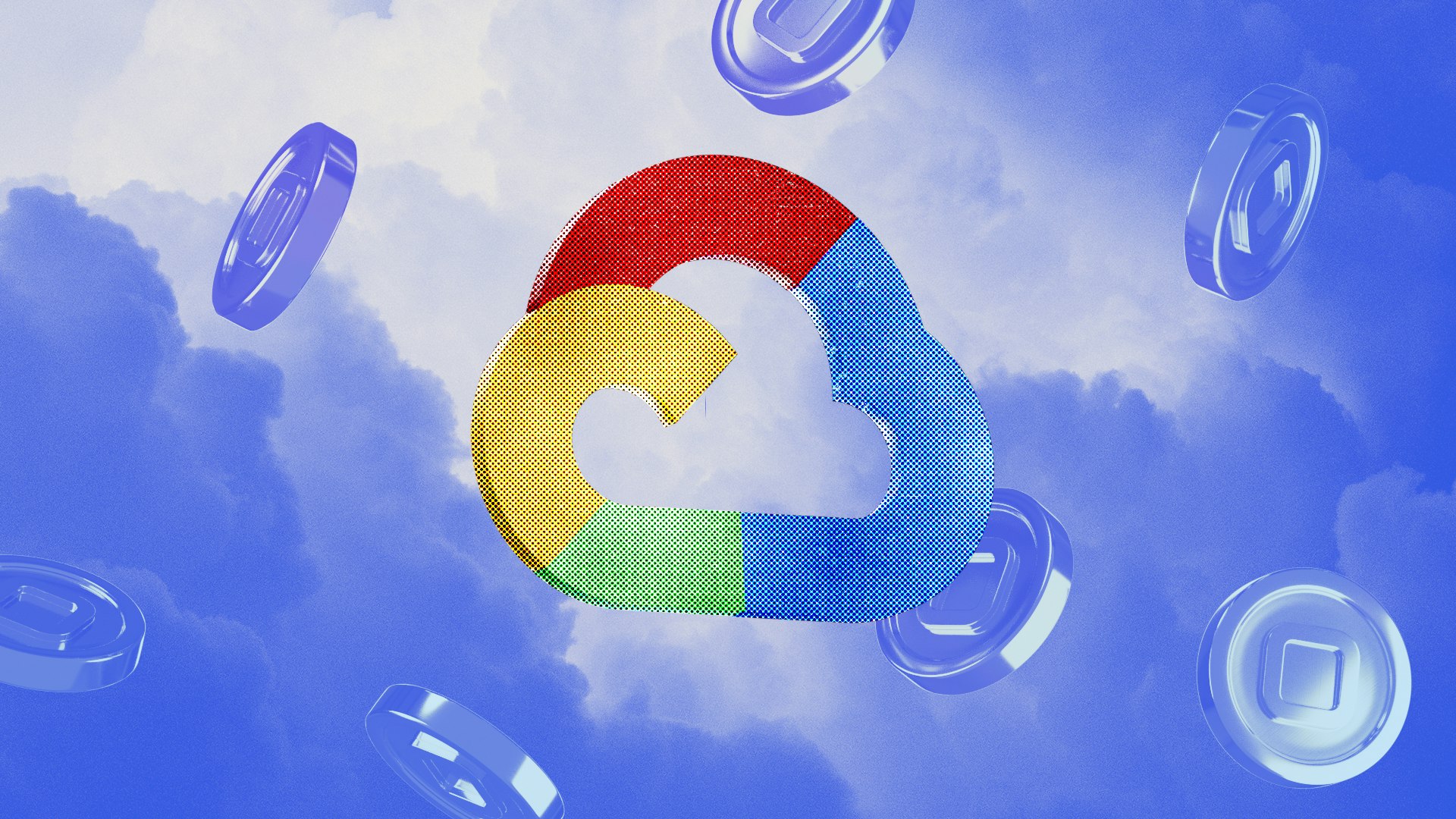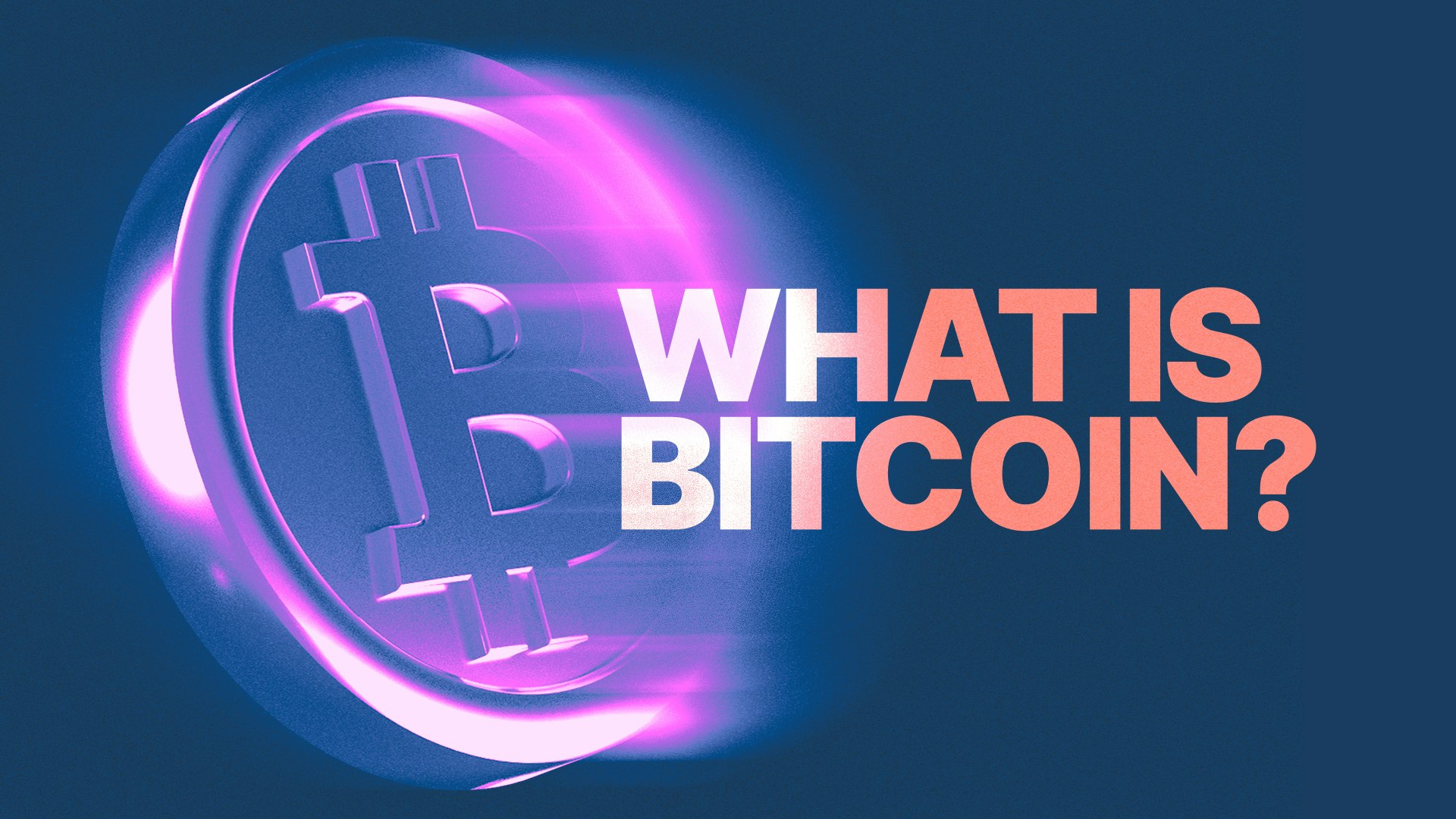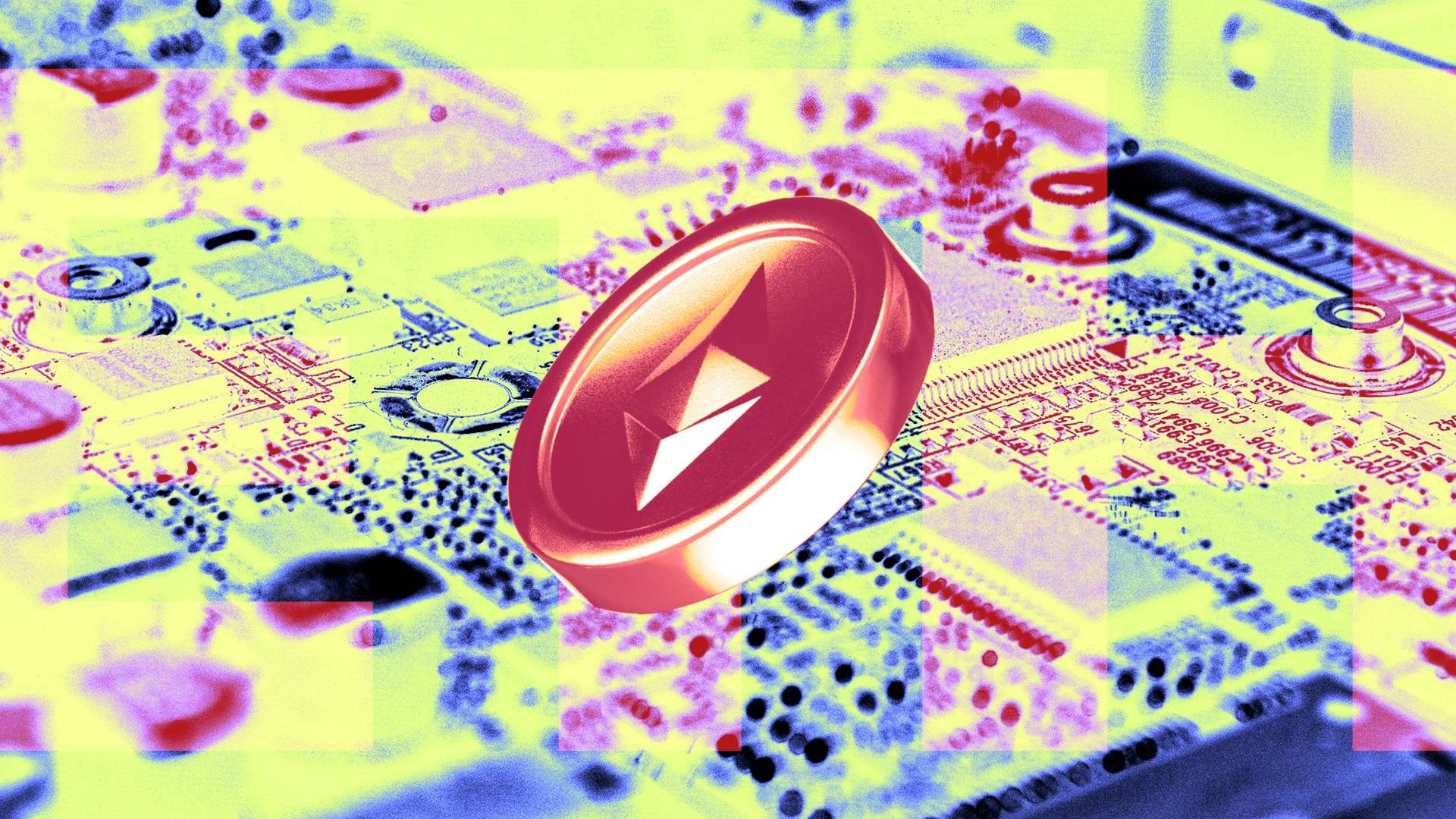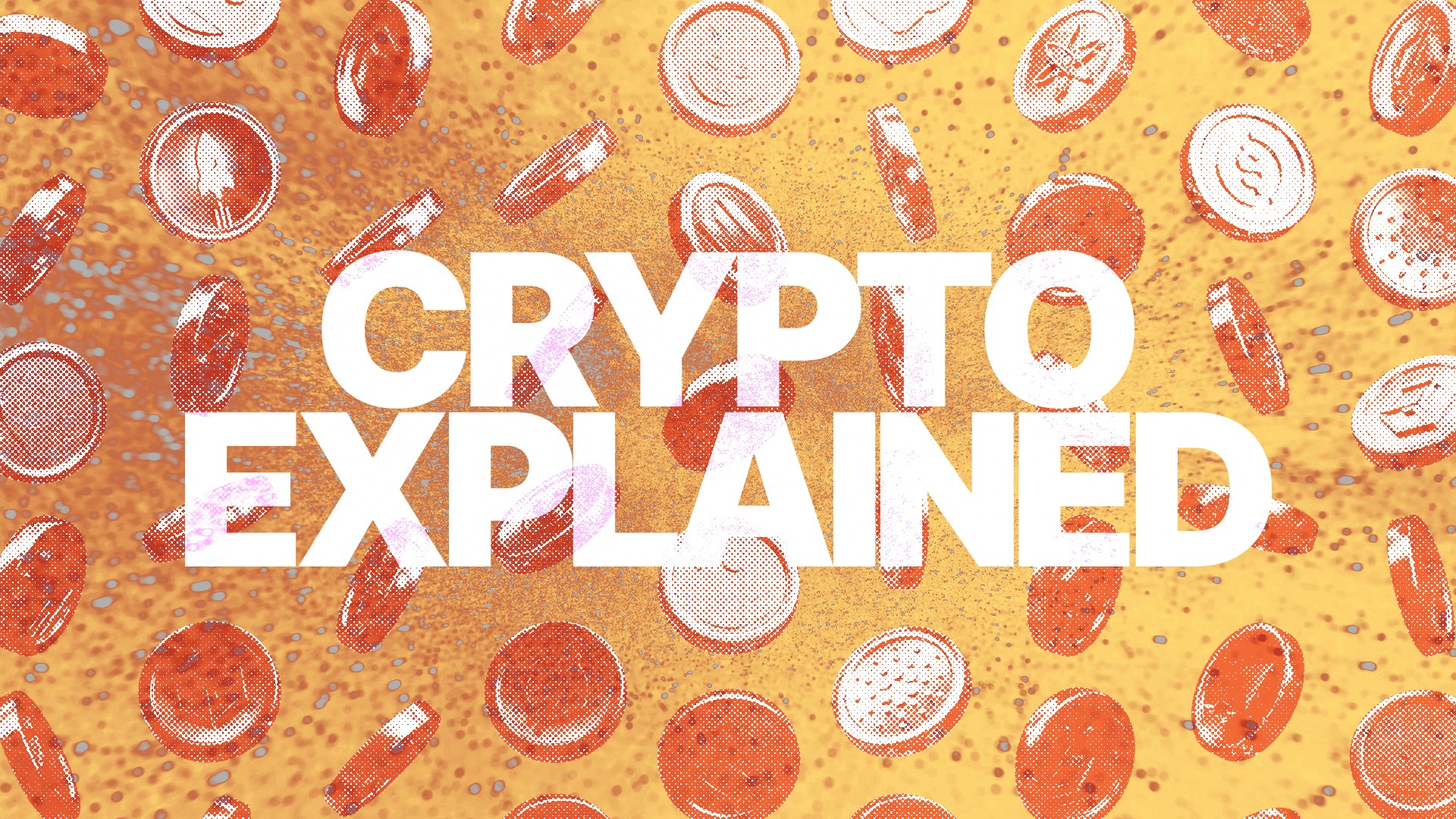Get $20 in free Bitcoin when you sign up and buy $50+ in crypto before October 31, 2025. Terms apply.
Google Cloud Enters Blockchain: What GCUL Means for Crypto
Google Cloud has launched its own Layer 1 blockchain, GCUL, now in private testing. It could reshape how financial institutions use blockchain.
In this article...
- GCUL leverages Google’s infrastructure to bring blockchain to billions of users.
- Python-based smart contracts open blockchain development to a wider pool of programmers.
- Early pilots with CME show Google’s focus on tokenised assets and real-world finance.

Google Cloud has made a significant move into the blockchain space with the announcement of GCUL. It is a Layer 1 blockchain currently undergoing private testing. This development marks a major tech giant's serious entry into decentralized infrastructure. And it could potentially influence how financial institutions see blockchain technology.
Interestingly, it could be a huge competitor in the payments space for Ripple, Stripe and Circle.
What Makes GCUL Different?
Blockchain projects that emerge are usually designed by crypto-native teams. But GCUL uses Google's massive infrastructure and years of research, so this makes it different in a few ways.
Developer-Friendly Approach
GCUL uses Python-based smart contracts. This means that the vast community of Python developers who don’t have traditional blockchain experience can use it without learning a new programming language.
Trust-Neutral Infrastructure
Rather than favoring specific institutions, Google positions GCUL as an open platform where any financial organization can build applications.
Enterprise Scale
Google's distribution network could potentially reach billions of users and hundreds of institutional partners. So GCUL could offer unprecedented scale for blockchain applications.
Real-World Applications Already Emerging
The platform isn't just theoretical. Google has already conducted pilot programs, including a partnership with the Chicago Mercantile Exchange (CME) for tokenized assets. This suggests a focus on bringing traditional financial instruments onto blockchain infrastructure.
The idea is that GCUL could support 24/7 capital markets infrastructure and payment systems. This addresses one of the key limitations of traditional finance that operates on business hours and requires multiple intermediaries.
What This Means for the Crypto Industry
Google's entry into Layer 1 blockchain development signals several important trends.
Institutional Validation
When tech giants build blockchain infrastructure, it legitimizes the technology for traditional financial institutions. These financial institutions might have been hesitant to adopt crypto solutions.
Competition for Existing Chains
GCUL could compete with established blockchains, offering better integration with existing Google Cloud services.
Bridge Between Traditional and Crypto Finance
Google's neutral positioning could help traditional financial institutions transition to blockchain-based systems more comfortably.
Potential Challenges Ahead
Google's blockchain plans aren't without blowback. There have been recent issues with Google Cloud's BigQuery pricing. Developers faced unexpected bills in the thousands of dollars for data queries.
This creates a dilemma around how Google will price blockchain services.
The crypto community values decentralization and open access. These are principles that could clash with Google's business model if GCUL's costs become too high for smaller projects.
The Future of GCUL
As GCUL progresses through its testing phases, the crypto industry will be watching closely. Success could accelerate institutional adoption of blockchain technology. But challenges could highlight the tension between big tech efficiency and crypto's decentralization ethos. One thing is certain: the blockchain landscape just became way more interesting.

Suggested Articles

What is Bitcoin (BTC)? What is "Digital Gold" Used For?
What is Bitcoin? It is a digital currency that can be traded, exchanged, and used as a form of payment independent of central banks and governments.Read more
What is Ethereum? What is ETH Used For?
Ethereum is a decentralized blockchain-based open-source software platform that allows for the development of decentralized applications (dApps).Read more
What Is Crypto? How do Cryptocurrencies Work?
Crypto has become incredibly popular. But how does this digital currency work? And are there cryptos other than Bitcoin? Read moreBrowse by topic
The above article is not to be read as investment, legal or tax advice and takes no account of particular personal or market circumstances; all readers should seek independent investment, legal and tax advice before investing in cryptocurrencies.
This article is provided for general information and educational purposes only. No responsibility or liability is accepted for any errors of fact or omission expressed therein. CoinJar, Inc. makes no representation or warranty of any kind, express or implied, regarding the accuracy, validity, reliability, availability, or completeness of any such information.
Past performance is not a reliable indicator of future results.
Your information is handled in accordance with CoinJar’s Privacy Policy.
Copyright © 2025 CoinJar, Inc. All rights reserved.
CoinJar, Inc. is a registered Money Services Business with FinCEN and licensed as a money transmitter, NMLS #2492913. For a list of states in which CoinJar, Inc. is licensed or authorized to operate, please visit here. In certain other states, money transmission services are provided by Cross River Bank, Member FDIC.
This site is protected by reCAPTCHA and the Google Privacy Policy and Terms of Service apply.

